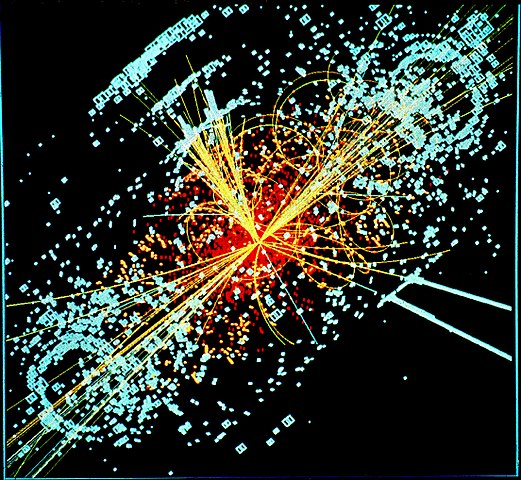Science is everywhere. It is in the food you eat and the car
you drive, the clothes on your back and the phone at your ear. As this
blog’s title suggests, it is all
science.
But scientists do all the science in your food and cars, so why
should you bother with science?
Modern day society is faced with many issues. Just think about global warming,
the energy crisis, recessions, poverty, not to mention all the health-risks
around the world and the worrying rise of antibiotic resistance.
None of these problems has a straight-forward solution. It’s
not a case of throwing heaps of money at those in poverty, nor can we just develop new antibiotics. The core
of any solution is going to involve science. It makes sense, therefore, to be involved with science. Obviously, we can’t all get degrees in a
science, but we can inform ourselves. When politicians make decisions
(hopefully with advice from scientists), you want to be in a position to
understand why that decision has been made. Does it make sense? What reasoning
do they give? Is there evidence to back it up? How did they arrive at the
decision? Understanding science will help you to answer those important
questions.
That leads on to perhaps biggest reason to bother with
science. Curiosity. Science allows us
to ask questions and find the answer.
We look up at the night sky and see hundreds of stars glistening back at us.
Everybody at some point will have asked ‘how many are there?’ Let that
curiosity drive learning. The quest for the answer is often as satisfying as
the answer itself. In fact, you could take a break now and find the answer to
that question! Post in the comments if you do.
Curiosity is one of the most basic human attributes. We
thrive on understanding the world around us. We are driven by the quest for
knowledge. Science is interesting. Science is satisfying. We should embrace our inner curiosity and have the
courage to ask ‘why?’, for only then will we get answers.
Aaron Klug, a chemist and biophysicist, once said:
Human curiosity, the urge to know, is a powerful force and is perhaps the best secret weapon of all the struggle to unravel the workings of the natural world.
 |
| "CMS Higgs-event" by Lucas Taylor - http://cdsweb.cern.ch/record/628469. Licensed under CC BY-SA 3.0 via Wikimedia Commons. |
This blog will both satisfy (and whet) your curiosity and
equip you with the scientific understanding so vitally important in modern day
society.
Why do you think we should bother with science? What really
whets your curiosity? Let me know in the comments below. You can share this post using the social media options along the left side, and follow us using the buttons at the top right.
And remember it is all science, so let's be curious.


“For me, it is far better to grasp the Universe as it really is than to persist in delusion, however satisfying and reassuring.”
ReplyDelete― Carl Sagan
That's a great quote. Thanks Eliot!
Delete